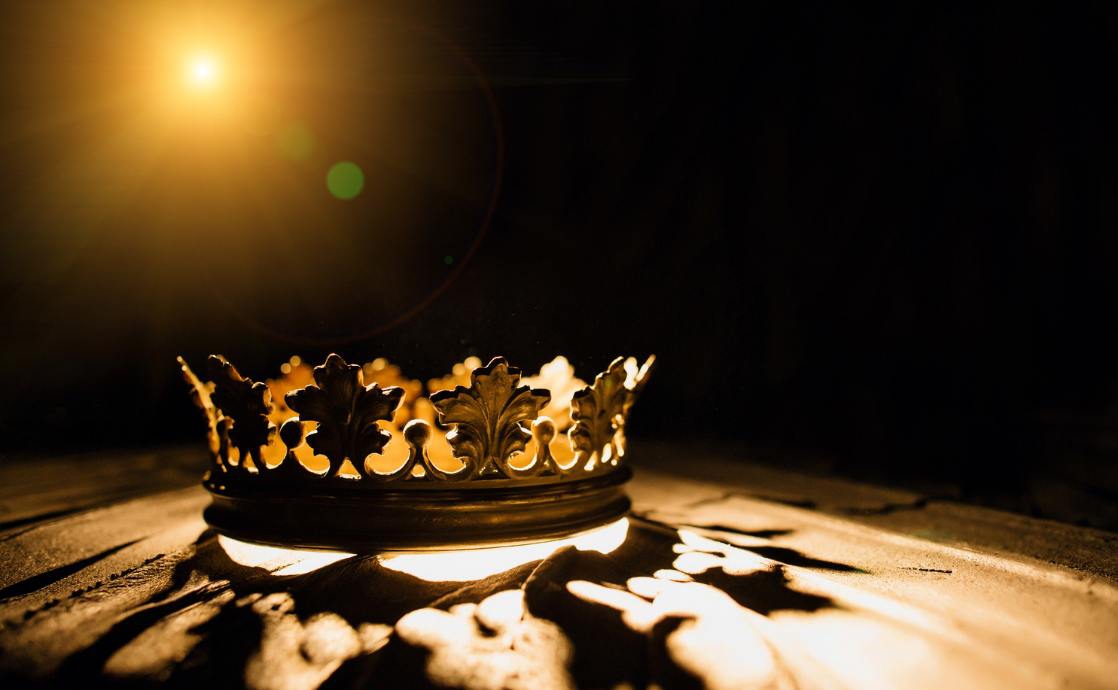The views expressed in our content reflect individual perspectives and do not represent the authoritative views of the Baha'i Faith.
The recent death of Queen Elizabeth II of Great Britain, and the coronation of King Charles III, have re-energized the public debate about the validity and necessity of monarchies in a world trending toward democratically-elected governments.
Many people argue monarchies should either be abolished or have their status downgraded, and public funds spent on supporting them should be eliminated or greatly reduced.
RELATED: Baha’u’llah’s Announcement – and Warnings – to the Kings
The Baha’i Faith advocates so many progressive ideas – gender equality, abandonment of all prejudices, harmony of science and religion, independent investigation of truth, a global peace and the oneness of humanity – which raises the question, is there any place for monarchies in a Baha’i world?
Yes, but Baha’u’llah, the prophet and founder of the Baha’i Faith, set a very high bar for a monarch’s behavior.
In his book The Summons of the Lord of Hosts, Baha’u’llah completed the proclamation of his mission with addresses to several reigning monarchs, whose dominions covered large parts of the world during the 19th century. He chastised them in powerful language for their failings, warned them of impending disaster and the fall of their empires, advised them to be fair and just, and urged them to take action to ensure the welfare of their subjects.
A Prophetic Warning to Napoleon III
One example of Baha’u’llah’s critical tone is his tablet to the French Emperor Napoleon III, included in Summons of the Lord of Hosts. In that letter, Baha’u’llah wrote that he understood the real reason Napoleon III called for the Crimean War. That war, fought from 1853-1856, involved an alliance of France, Great Britain, and Ottoman Turkey against Russia. Baha’u’llah addressed Napoleon III directly, saying:
O King! We heard the words thou didst utter in answer to the Czar of Russia, concerning the decision made regarding the war. Thy Lord, verily, knoweth, is informed of all. Thou didst say: “I lay asleep upon my couch, when the cry of the oppressed, who were drowned in the Black Sea, wakened me.” This is what We heard thee say, and, verily, thy Lord is witness unto what I say. We testify that that which wakened thee was not their cry but the promptings of thine own passions, for We tested thee, and found thee wanting.
The consensus among historians is that the Crimean War was unnecessary, fought primarily to advance the political strategies of Great Britain and France to weaken Russia.
Baha’u’llah warned Napoleon III of dire consequences for his war of aggression:
Arise, and make amends for that which escaped thee. Erelong the world and all that thou possessest will perish, and the kingdom will remain unto God, thy Lord and the Lord of thy fathers of old. …
For what thou hast done, thy kingdom shall be thrown into confusion, and thine empire shall pass from thine hands, as a punishment for that which thou hast wrought. Then wilt thou know how thou hast plainly erred. Commotions shall seize all the people in that land, unless thou arisest to help this Cause, and followest Him Who is the Spirit of God in this, the Straight Path. Hath thy pomp made thee proud? By My Life! It shall not endure; nay, it shall soon pass away, unless thou holdest fast by this firm Cord. We see abasement hastening after thee, whilst thou art of those who are fast asleep.
RELATED: A Stunning Trumpet Blast: Baha’u’llah’s Letters to the Kings
Baha’u’llah wrote those words in 1869. A year later, France suffered a stunning defeat in the Battle of Sedan, in the Franco-Prussian War. Napoleon III was captured, forced to abdicate, and sent into exile. Kaiser Wilhelm I of Germany was crowned at the Palace of Versailles, at the seat of the French monarchy’s power. In Paris, working class people and angry war veterans revolted against French authorities and briefly established the Paris Commune, which the French military put down with brutal force.
A Promised Reward for Queen Victoria
Baha’u’llah’s tablet to Queen Victoria employed a very different tone, praising her for her country’s recent abolition of slavery:
We have been informed that thou hast forbidden the trading in slaves, both men and women. This, verily, is what God hath enjoined in this wondrous Revelation. God hath, truly, destined a reward for thee, because of this.
He also praised Queen Victoria for granting more power to Parliament:
We have also heard that thou hast entrusted the reins of counsel into the hands of the representatives of the people. Thou, indeed, hast done well, for thereby the foundations of the edifice of thine affairs will be strengthened, and the hearts of all that are beneath thy shadow, whether high or low, will be tranquillized. It behoveth them, however, to be trustworthy among His servants, and to regard themselves as the representatives of all that dwell on earth.
RELATED: The Prisoner Admonishes the Kings
Baha’u’llah does not say what Queen Victoria’s reward would be, so we can only speculate. One of her descendants, Queen Marie of Romania, (1875-1938) became a Baha’i later in her life. Also, the British monarchy is the only one Baha’u’llah addressed directly that is still intact. Or perhaps her reward might not have been granted in this world.
Some readers will point out the many atrocities the British Empire, over which Queen Victoria ruled, committed during her reign. However, Baha’u’llah’s commendations to Queen Victoria are for matters he specifically addressed in his writings, not a blanket endorsement of all her actions. Throughout his writings, he criticizes monarchs individually and collectively for injustice, oppression, amassing riches, and failure to bring about peace.
You May Also Like
Comments

















"Through the grace of God thou hast attained unto such a station that transcends the station of all the queens on earth. The Queen of London attends church everyday in the name of God and believes she is worshiping the one true God, notwithstanding that the one true God hath testified and is testifying unto her waywardness for she is deprived of recognizing Him even though she is holding fast unto His Name. [Regrettably] other emperors of ...the world are also the same!" (Payk-i-Rastan, p.207)
(Translated by Shahrokh Monjazeb)